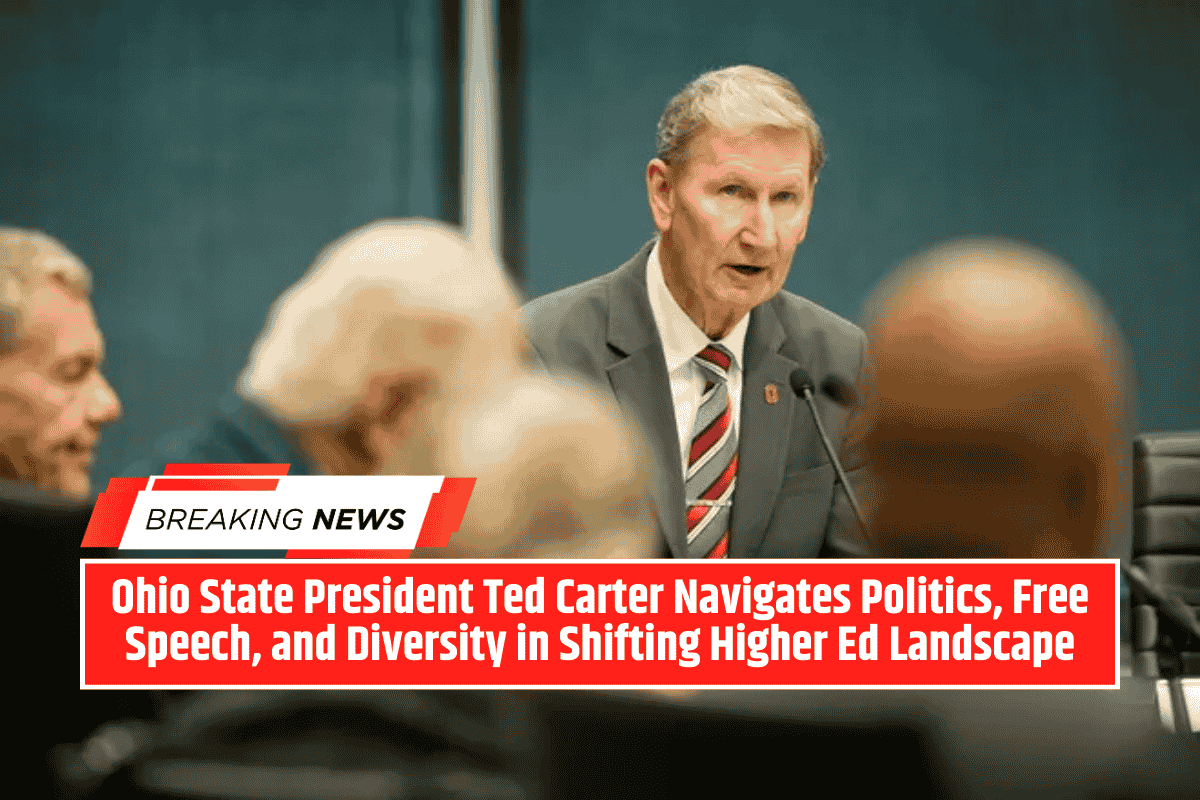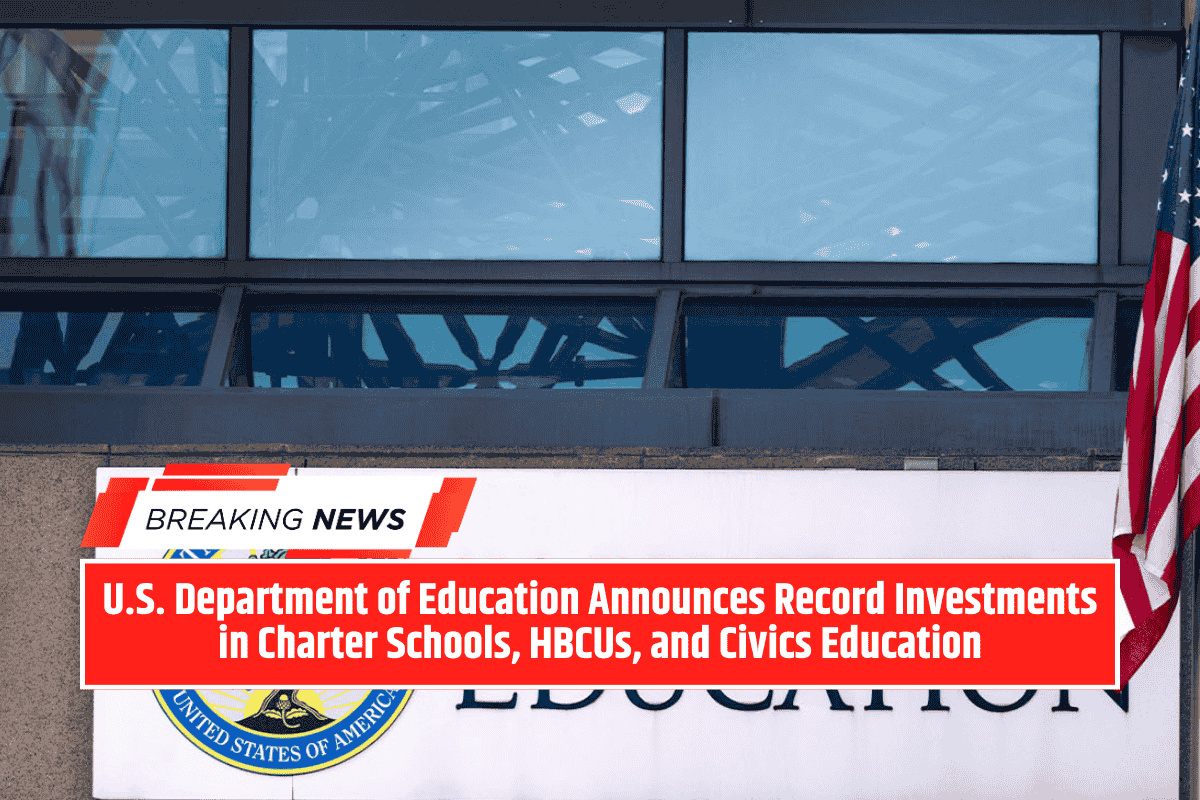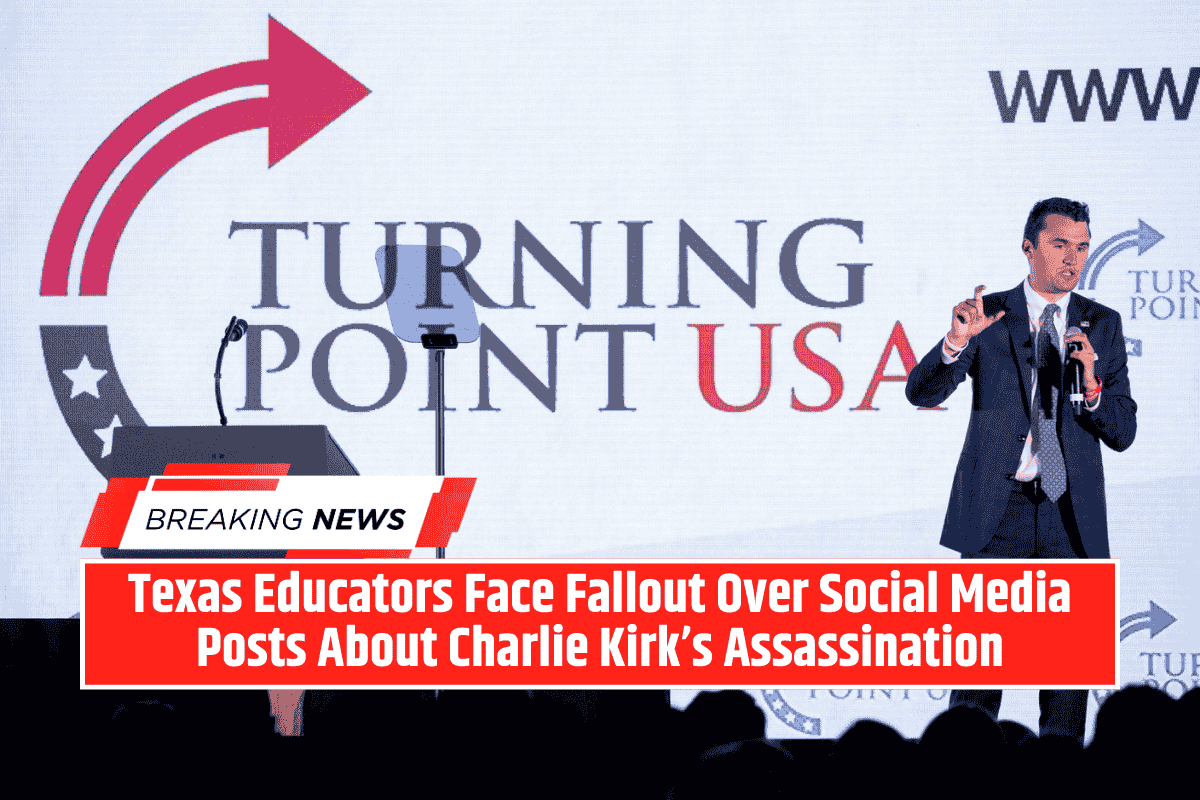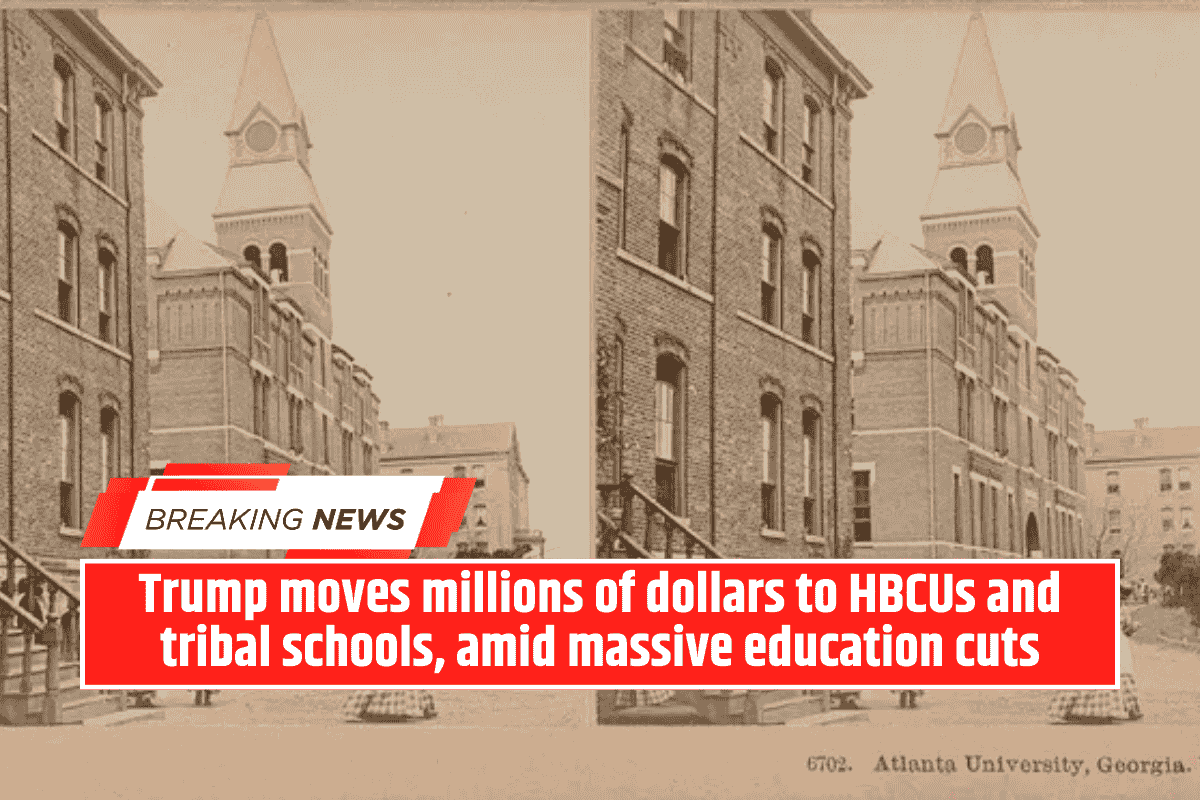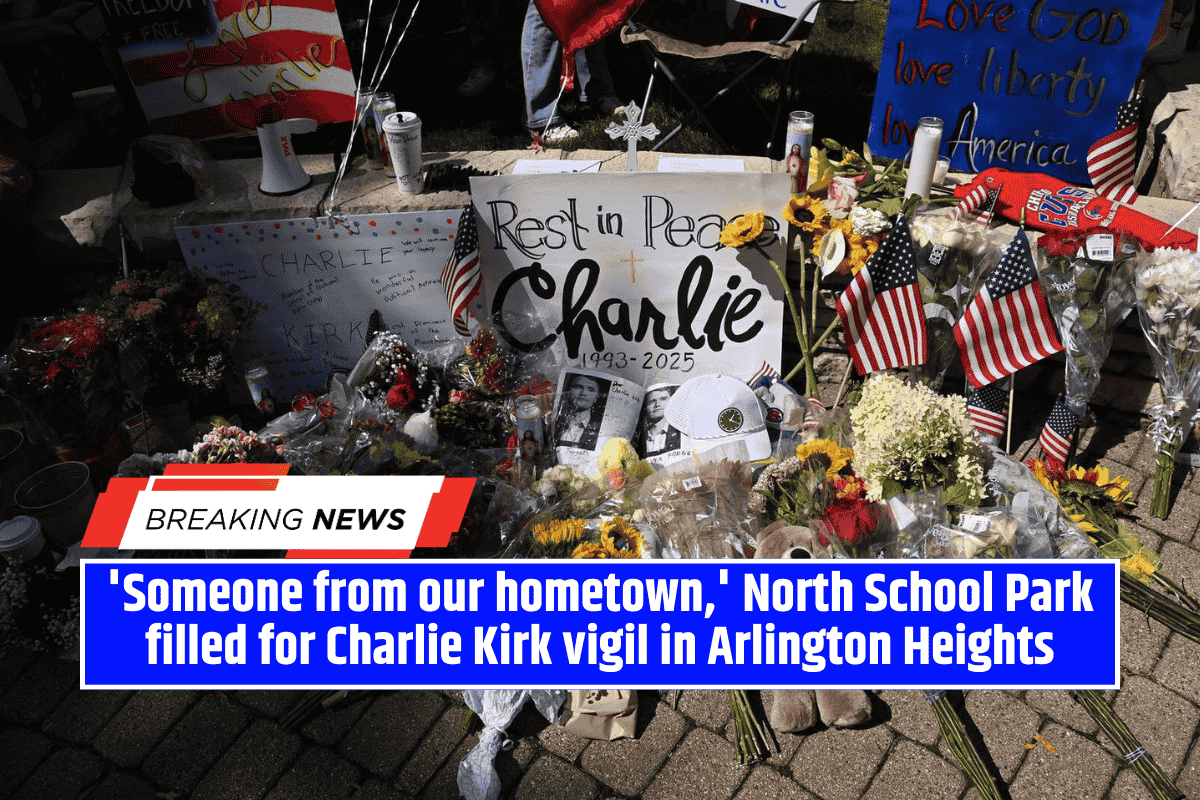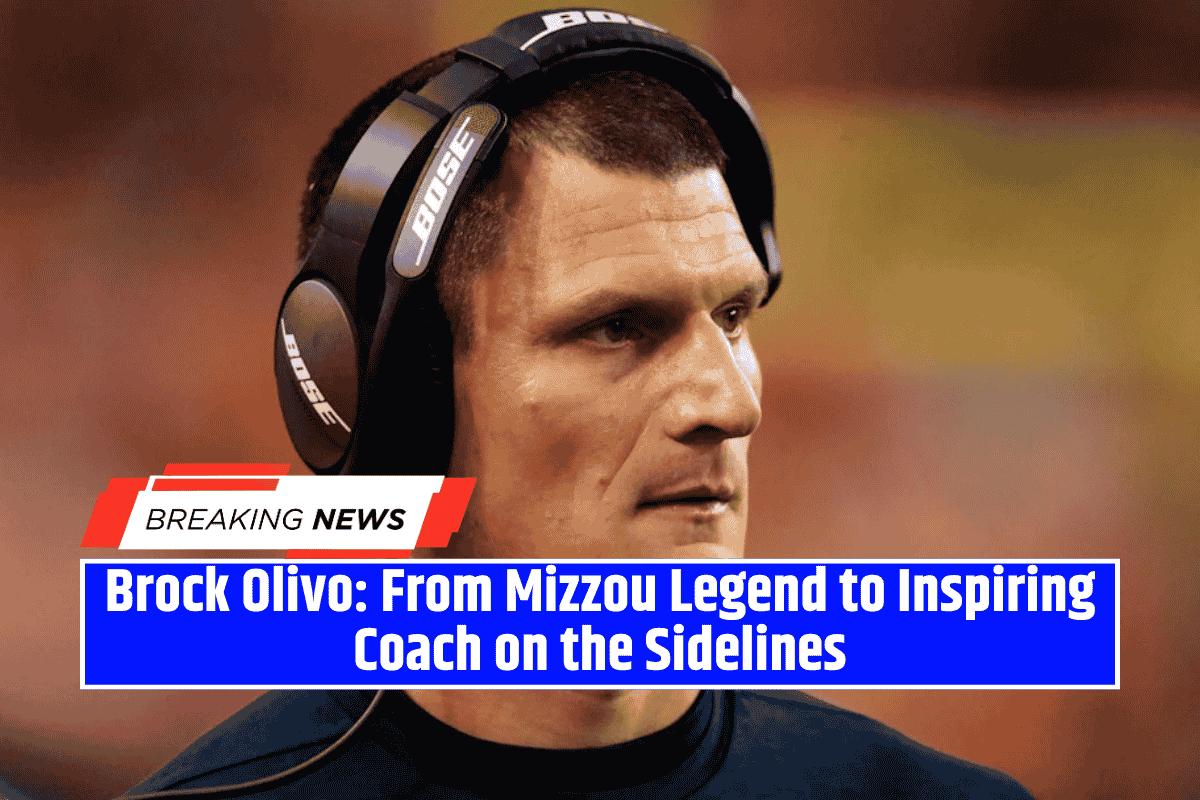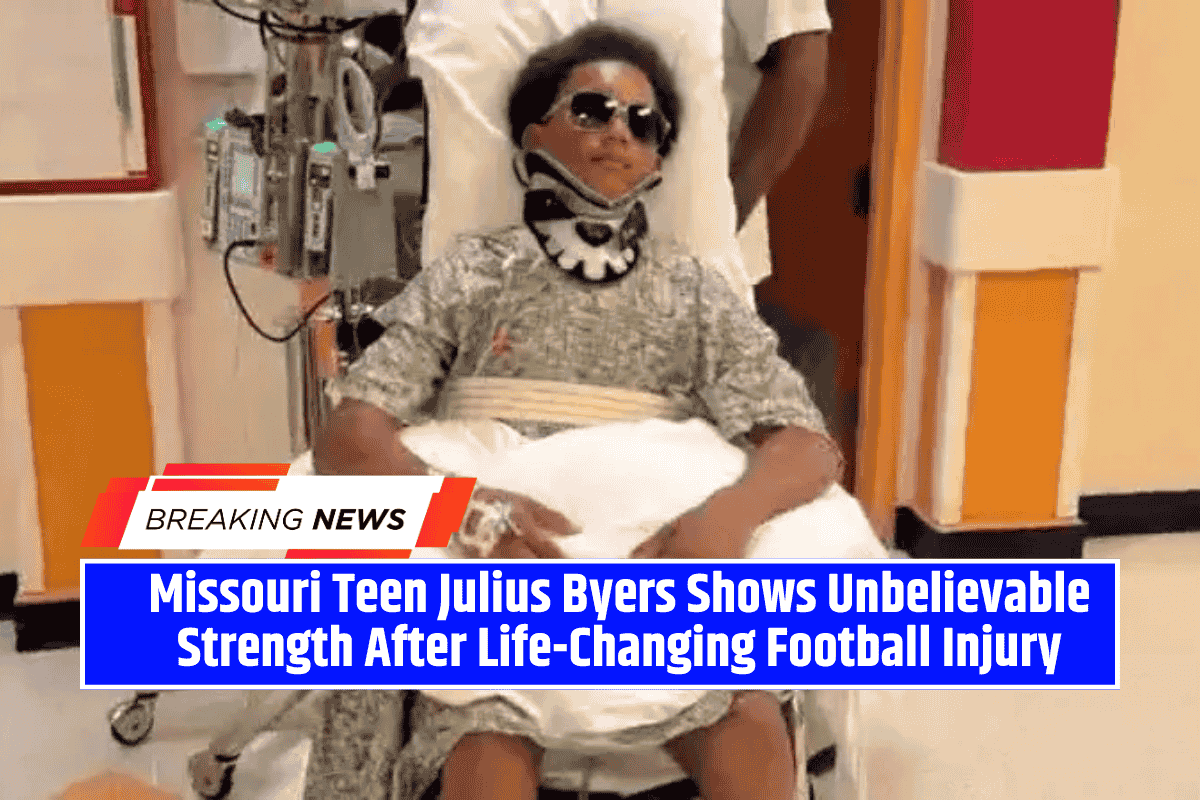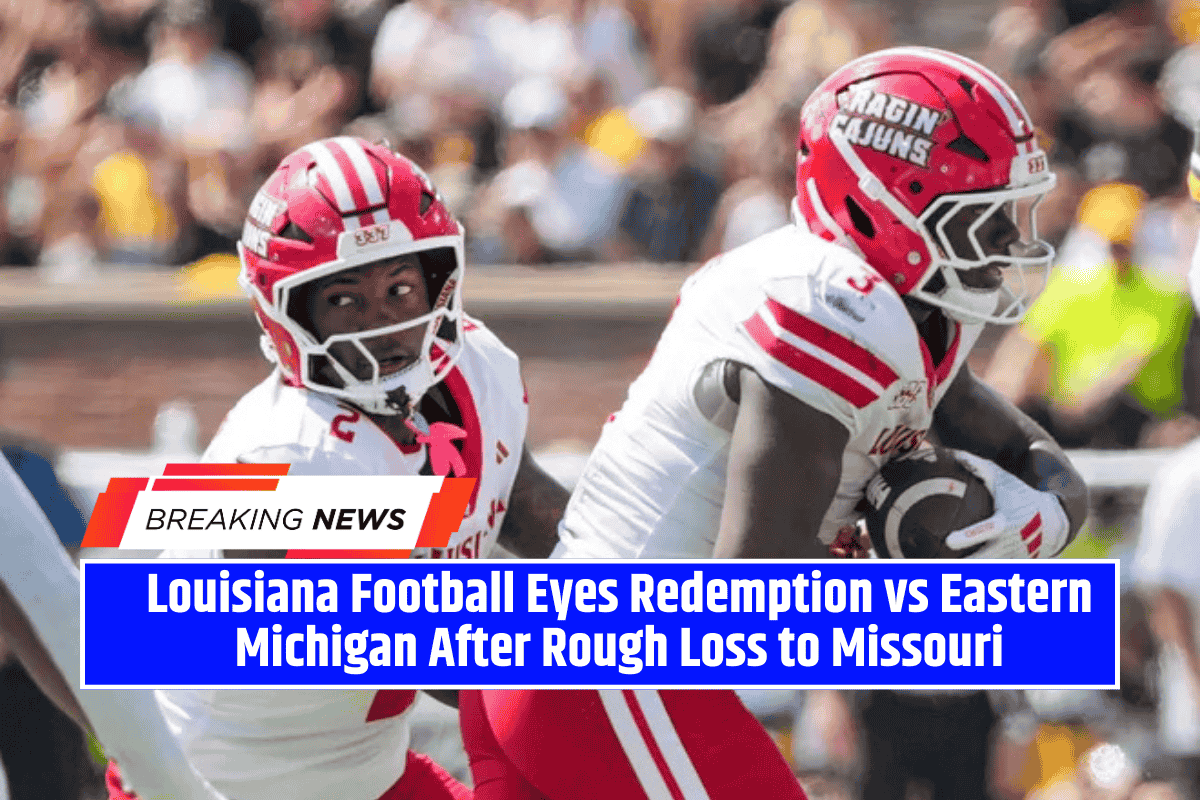As Ohio State University faces multiple federal investigations and increasing political pressure from both state and national leaders, President Ted Carter is choosing a measured, strategic approach.
Despite rising scrutiny over antisemitism and diversity-related programs, Carter says he doesn’t feel the university is being directly targeted—choosing instead to focus on mission-driven leadership, compliance, and adapting to the political realities of a red-state government.
Federal Probes: Antisemitism and Minority Programs
Ohio State is currently under federal investigation for two separate issues:
- Antisemitism on campus – Part of a broader probe affecting dozens of universities nationwide.
- Project PhD – A program aimed at supporting minority students pursuing doctoral degrees in business. The Department of Education is reviewing the program to determine if it violates anti-discrimination laws.
While these investigations reflect growing federal scrutiny under the Trump administration, Carter believes they stem from pre-existing inquiries launched during the Biden administration. The university maintains that its programs are open to all and do not discriminate based on race or ethnicity.
Carter’s Strategy: Comply, Adapt, and Influence
Operating in a conservative state with a Republican-controlled legislature, Carter has chosen to work within the system rather than oppose it outright. This was evident when Ohio passed Senate Bill 1, a sweeping higher education reform law that:
- Bans most DEI (Diversity, Equity, and Inclusion) programs
- Prohibits faculty strikes
- Bars institutions from taking stances on controversial topics like abortion, climate change, and immigration
Unlike some public universities that openly protested similar legislation in 2023, Ohio State did not oppose SB 1. Carter said opposing the bill outright would have cut off communication with lawmakers, eliminating the university’s chance to negotiate favorable terms.
“We had a seat at the table,” Carter said. “We pushed to retain as much institutional autonomy as possible.”
Diversity Centers Closed, New Initiatives Launched
In preparation for SB 1’s impact, Ohio State shut down two diversity-focused centers, drawing criticism from students and faculty. However, Carter emphasized that:
- No students lost scholarships
- The closed centers were replaced by Buckeye Commons, a student resource hub offering financial, career, and mental health services
- Staff hires are underway to expand student support
He acknowledged the change isn’t perfect but stressed the university is committed to supporting all students within the limits of the law.
Free Speech Tensions on Campus
The university has faced backlash for several decisions viewed as restrictions on free speech, including:
- Banning sidewalk chalking during student protests, especially after the October 2024 Israel-Hamas conflict
- Limiting how resident advisers decorate dorm common areas
- Restricting some campus events and messaging deemed too politically charged
Carter clarified that many of these decisions stemmed from administrative concerns or legal reviews—not an attempt to silence speech.
“We weren’t endorsing what was written on the sidewalks, but we couldn’t remove it without a legal review,” he said.
He also noted that similar policies exist at other major universities like Harvard and the University of Maryland.
Free Speech Concerns on a National Scale
These tensions reflect broader issues in higher education. A recent report by the Foundation for Individual Rights and Expression (FIRE) found:
- Over half of U.S. colleges fail to foster open free speech environments
- At Ohio State, 43% of students said they self-censor
- The university ranked 124th out of 257 surveyed institutions
These numbers add fuel to debates over whether universities are becoming less tolerant of dissenting viewpoints.
Controversial New Civics Center Sparks Faculty Debate
In another response to state mandates, Ohio State recently opened the Salmon P. Chase Center for Civics—named after the former Ohio governor and U.S. chief justice. Its mission is to promote research and teaching around the U.S. Constitution and foundational American values.
While popular among conservatives as a counter to what they call “liberal indoctrination,” the center drew criticism from Ohio State faculty, who voted against its opening. However, faculty approval wasn’t needed to launch the center.
Carter pushed back against the idea that the civics center is a right-wing version of DEI initiatives, calling it a platform for “rigorous debate” rather than political ideology.
